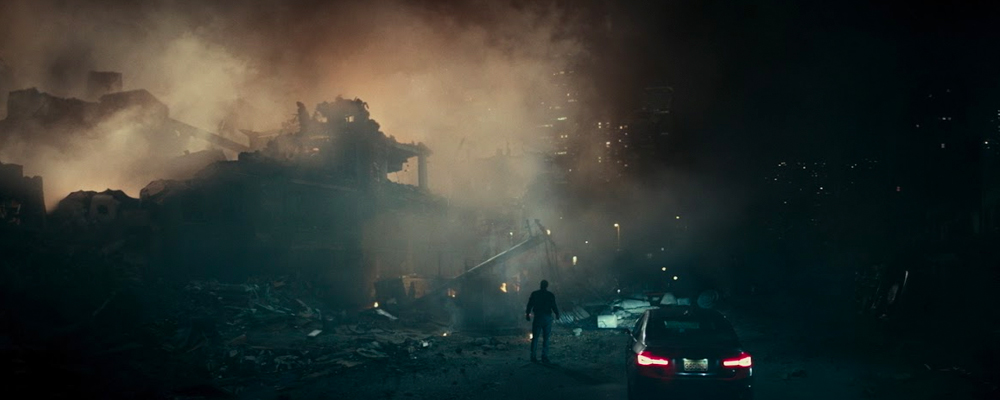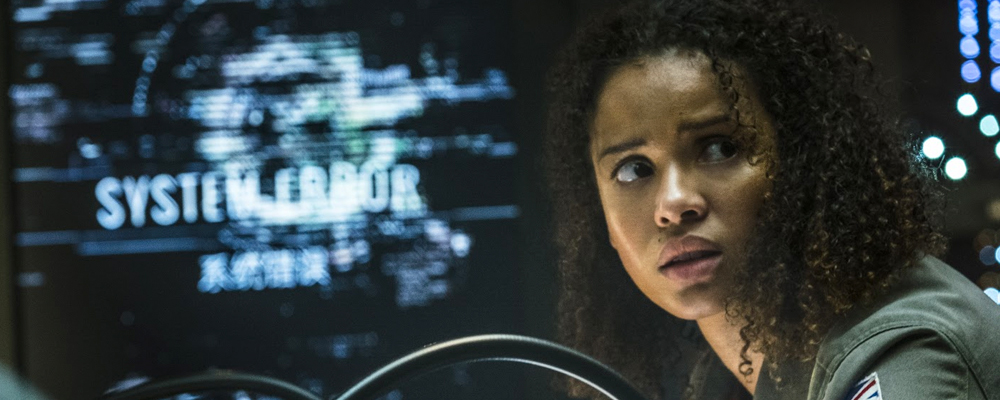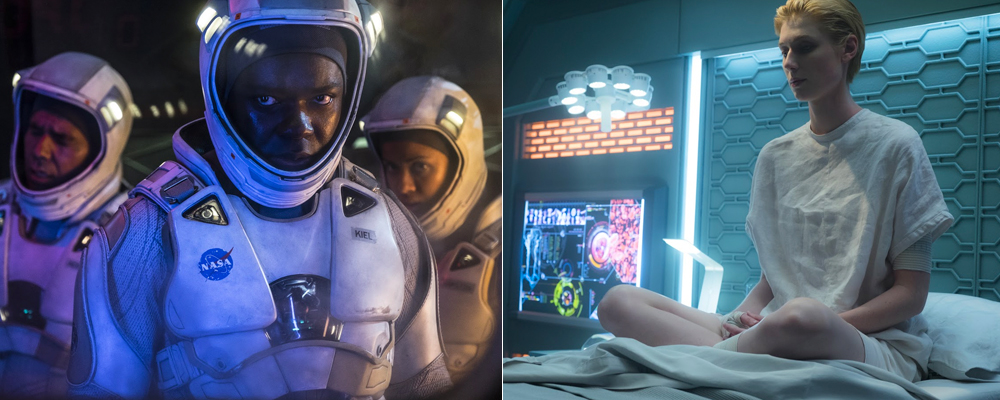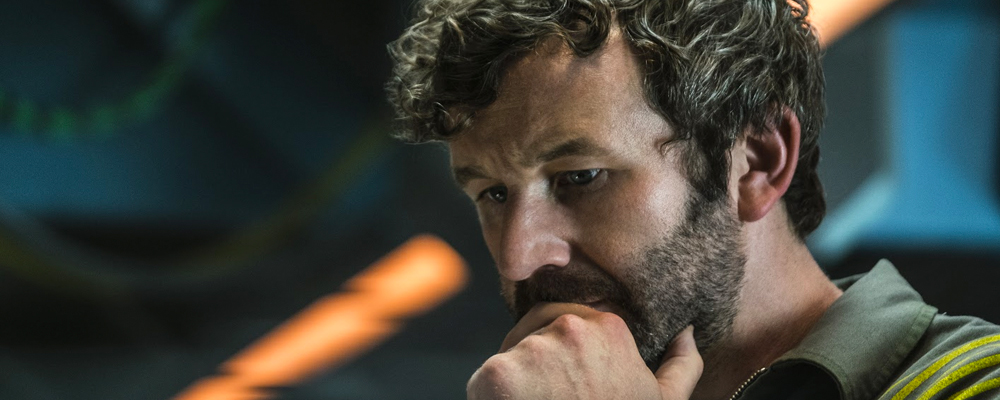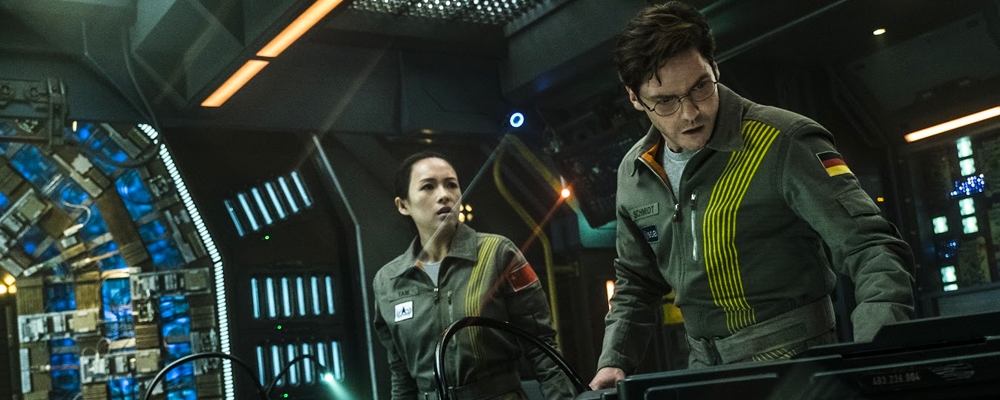‘The Cloverfield Paradox’ Is a Sharp Decline for the Cult Franchise
Alex Aronson
The Cloverfield franchise has always been elaborate in its marketing technique. The first film, “Cloverfield,” which was released in January 2008, made noise after releasing a series of cryptic trailers ahead of a major summer blockbuster. The sequel, “10 Cloverfield Lane,” which was produced completely in secret, dropped its first preview during the Super Bowl broadcast in 2016, a mere two months before its March release date.
Enter the third installment in the series, “The Cloverfield Paradox.” The film released on Netflix a few hours following its first and only ad — a 30-second spot in the 2018 Super Bowl. Almost instantly, the buzz for “The Cloverfield Paradox” reached water cooler status. However, upon viewing the final product, it is evident that the surprise Netflix release strategy is the only way that “The Cloverfield Paradox” receives any positive attention at all. Netflix was not a fresh alternative for the latest film in the $280 million franchise — it was a last resort.
At its core, the J.J. Abrams–produced science fiction franchise is about monsters — human and otherwise. The latest entry attempts to prescribe an origin of sorts to explain how the monsters, as seen in the first two installments, came to arrive on earth. Set aboard a spaceship, a team of diverse scientists are buried in their attempt to discover an alternative energy source.
Following a brief accident aboard the ship, the team appears to have been thrust into an alternate dimension. Suddenly the dynamic on board the vessel changes drastically as an unknown person, Jensen (Elizabeth Deicki), makes her presence known. Something is slightly off with the newfound stranger and the scientists quickly begin turning on each other in a fight to get back to earth. It’s quite a basic science fiction, “stuck in space” premise that has been executed better in films such as “Event Horizon” and “Alien.”
At the center of the story is Hamilton (Gugu Mbatha-Raw, “Beauty and the Beast”). She is ridden with grief after the death of her two young children. Back on earth, her husband, Michael (Roger Davies) is dealing with issues of an entirely different proportion. It appears that a monster, seemingly the same creature from the first film, is attacking the city. As revealed in the film’s greatest shot, a shadowy figure lurks over the smoky orange skyline. It is never confirmed whether the timeline takes place concurrently to the events in the first film, or if this event takes place in a completely different time and space. But those details are to be argued by the film’s fanatics and theorists.
The remaining crewmembers, portrayed by David Oyelowo, Daniel Bruhl, John Ortiz, Ziyi Zhang, and Aksel Hennie don’t have any thrilling identifying features. Meanwhile, Chris O’Dowd serves as the comic relief, but for all the wrong reasons.
Directed by Julius Onah, the pacing of the film really doesn’t kick into high gear until about halfway through. For an audience expecting more adrenalized science fiction fare, that is far too late. The story, penned by Oren Uziel, appears to be a single location space thriller, with Cloverfield shoehorned in as a last minute add-on — an apparent trend within the Cloverfield sequels. The film is merely a placeholder within the franchise. Far more questions arise than are answered. With such a bold marketing introduction, the final product is rather unsatisfying.
‘The Cloverfield Paradox’ premiered Feb. 4 on Netflix.

